Aboriginal Reconciliation Remains On Canada’s Agenda
Canada’s 150 anniversary marks an important milestone for this young country. Its achievements over the past century were a legitimate cause for celebration, but on the flip side it was the history of the maltreatment of the Aboriginal people. It was not until recently that we started to realize the need for reconciliation. What has been done, and what could have been done better?
Vancouver City Hall

Aboriginals in Canada have experienced maltreatment and discrimination that were institutionalized by the early European colonists, the introduction of the Indian Act and the establishment of the Residential School system being some examples. The Canadian Charter of Rights and Freedoms was passed in 1982, followed by progressive amendments to the Indian Act. Since then, there were the Royal Commission on Aboriginal Peoples, the closure of the last residential school, Prime Minister Harper’s apology to Residential School students and their families, and the Truth and Reconciliation Commission of Canada.
In 2014, the Vancouver City Council voted to acknowledge that the city is situated on the unceded Aboriginal land, with Mayor Robertson’s announcement that it would be the “Reconciliation Year.” At the beginning of this school year, St. George’s School also announced that the school is situated on the unceded territory of the Musqueam First Nations.
Why could the acknowledgement not be made earlier?
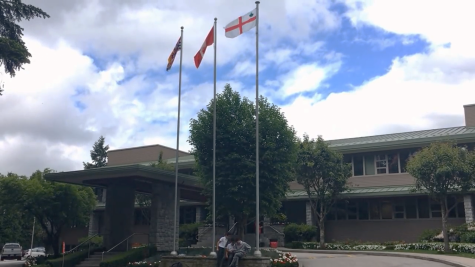
Dr. Tom Matthews, the Headmaster of St. George’s School, explained the school’s seemingly belated recognition of the occupation of Aboriginal land. He said that his communication with the Musqueam Band started seven years ago when he first arrived at Saints to take on the Headmaster position. It started as a dialogue between community members, and then it involved the issue of Aboriginal reconciliation. The conversation culminated at Saints’ decision to acknowledge the occupation of the unceded Musqueam territory. “It comes naturally through a series of conversations. Nothing is premeditated,” he said.
Ms. Ginger Gosnell-Myers, the Aboriginal Manager of the City of Vancouver, also commented on the City’s decision to recognize its occupation of unceded Aboriginal land. She claimed that “Vancouver is the only government in Canada, either at the municipal, provincial or federal level, that has recognized that it is officially on unceded traditional territories of the local First Nations.” She said it was “a lengthy process” to have conversations with the Aboriginal people and perform risk analysis on the impact of being the first to do so. The acknowledgment came after careful decisions and was therefore not made earlier.
What has been done toward Aboriginal reconciliation?
Dr. Matthews mentioned he had conversations with the Chiefs of the First Nations communities in British Columbia. He found out that “they are really keen to see their young people receive high quality education and proceed to postsecondary studies, and Saints is capable of that.” Saints therefore offers students, including Aboriginal students, various forms of financial aid to “bring great students to the school to diversify the student population.”
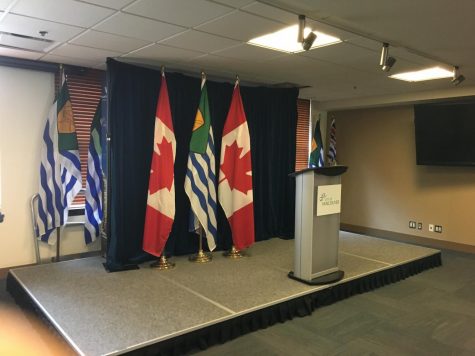
Ms. Gosnell-Myers said Aboriginal reconciliation has been on the City’s agenda as they studied the 94 “Calls to Action” items made by the Truth and Reconciliation committee, and have incorporated at least 27 of them into their policy-making process. So far, the City and First Nations communities have engaged in conversations and worked toward cultural preservation.
She added that the Canadian government is still spending millions of dollars to fight Aboriginal people in court, fending off their land claims and their rights to fish or to hunt. She thought that instead of spending that money, the government should try to understand and respect First Nations people and to engage in conversations.
However, it is undoubted that since the implementation of Bill C-31, the government has granted First Nations communities more control over their self-governance and even developmental plans. The Musqueam Band established the Musqueam Capital Corporation in 2012 to manage their economic development. They have already begun one of their projects called “Block F” that involves “four 18-storey highrise buildings, several rows of townhouses and mid-rise apartment buildings” on the University Endowment Land, and is projected to bring 2500 new residents into the area. “These types of projects will allow us, for a lack of a better term, come up to the standards that the rest of Canadians currently enjoy,” according to Jay Mearns of the Musqueam Capital Corporation.
Musqueam’s stance on the issue of Aboriginal reconciliation was not shown here as The Creed was unable to schedule an interview with an executive member of the Musqueam Band prior to the deadline of this article.
What can the public do to facilitate Aboriginal reconciliation?
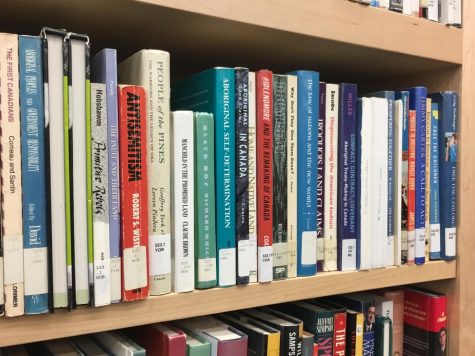
Dr. Matthews asserted that education can bring positive change. “Issues like Residential Schools, we know nothing about it until recently. We are unaware of this part of the history. For students, there is potential to learn.”
Ms. Gosnell-Myers expressed a similar opinion on education, mentioning that The Truth and Reconciliation Committee recommended that all Canadians receive this education on Aboriginal history. “This was the history that wasn’t taught when I was a young person going through the high school system,” she said. “First you have to know about [the Aboriginal people], what they went through and who they are. Many Canadians don’t know that [the Aboriginal people] continue to live in a contemporary way. There is a revival in Aboriginal communities and cultures, in a positive way. They are everywhere, doing everything.”
When asked about the effectiveness of social activism, Ms. Gosnell-Myers commented that activism is a cornerstone of living in a democratic society, and that there is a lot of benefit in stepping out and speaking our minds.
Conclusion
Aboriginal reconciliation will be an ongoing process. Efforts have been made by the government to restore their culture, their self-governance, and the respect that they deserve from the general public. Aboriginals today have been gradually, despite not fully, given rights that they have been deprived of by early European settlers. Saints, through initiatives that build a relationship with the Musqueam Band, is a likely facilitator in Aboriginal reconciliation. The recognition of the occupation of unceded Aboriginal territory is important to us in two ways: 1. It is an integral part of the Canadian history, and from this piece of history we can learn about the importance of racial equality and cultural diversity; 2. In this learning process, we will be building a stronger sense of community with our neighbors, preparing us for a more global mindset.
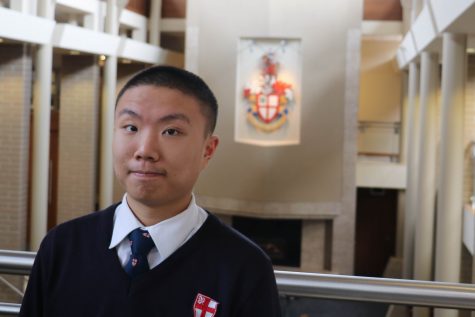
A twelfth-grader in St. George's School, Tommy Kuo landed in Vancouver, Canada last year with "a mixture of anticipation and apprehension." In school,...



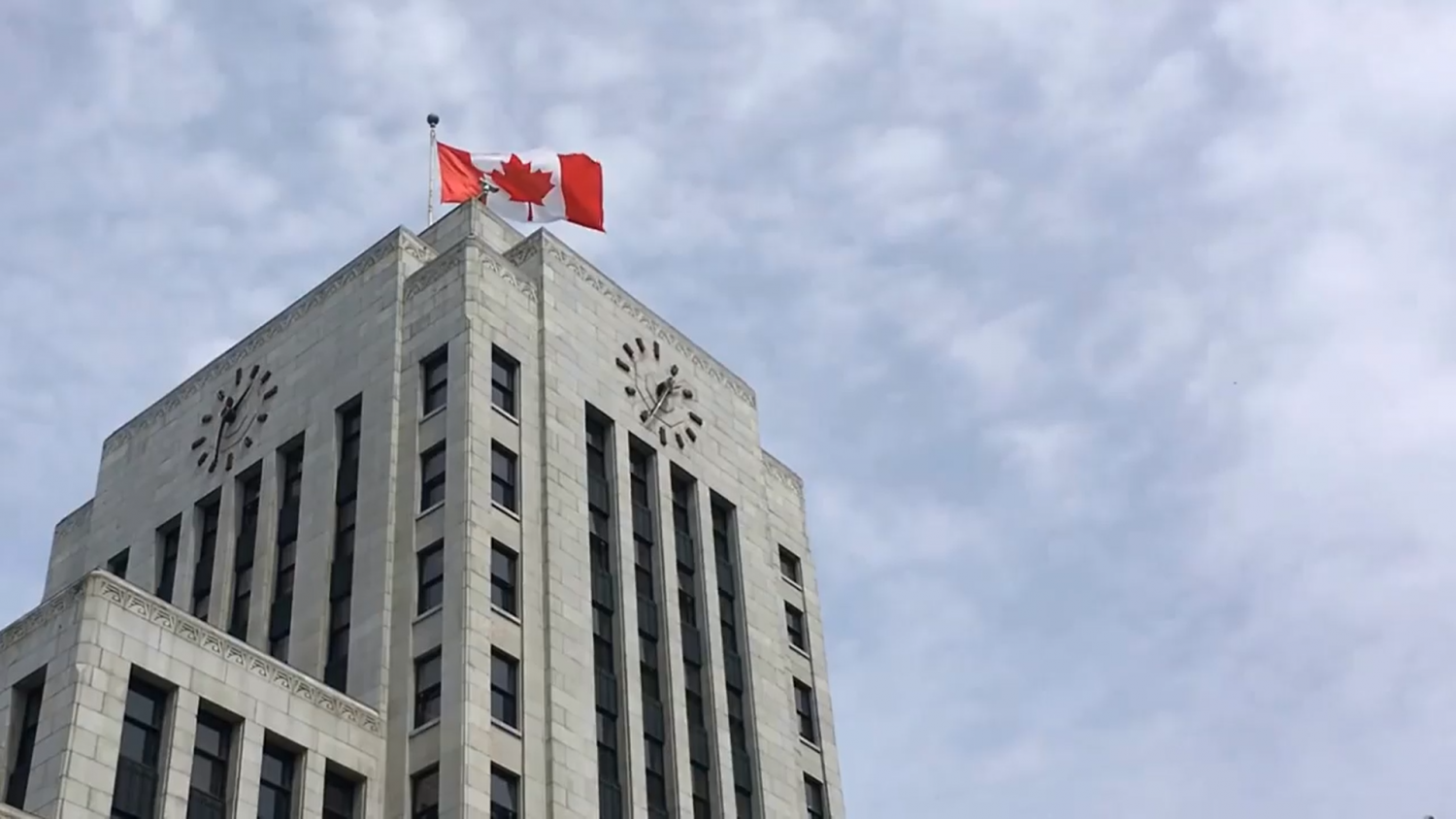
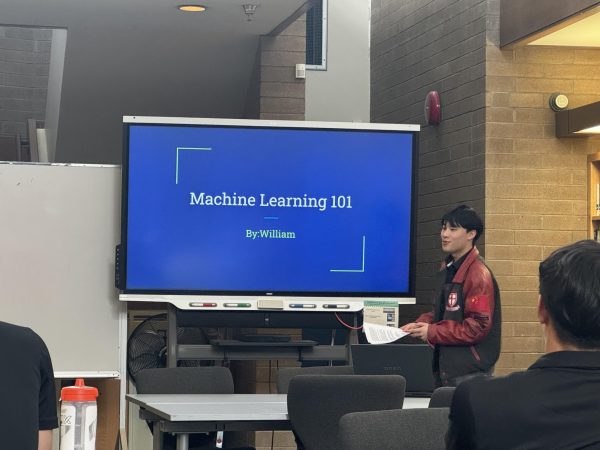
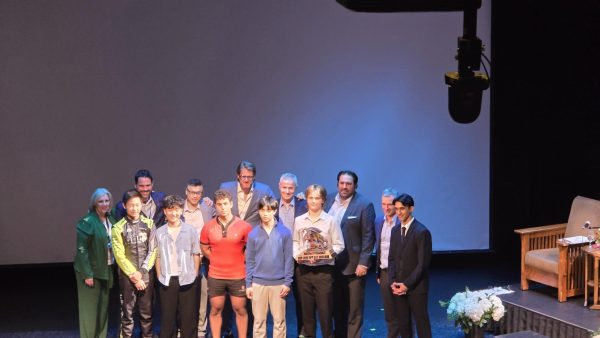
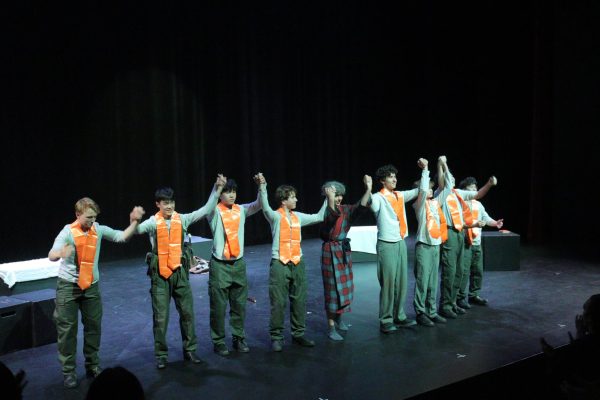

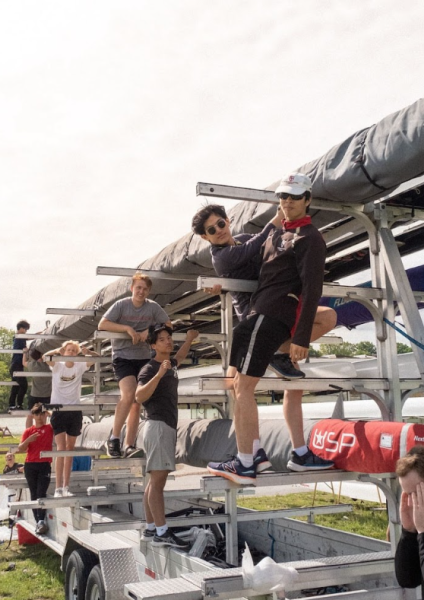

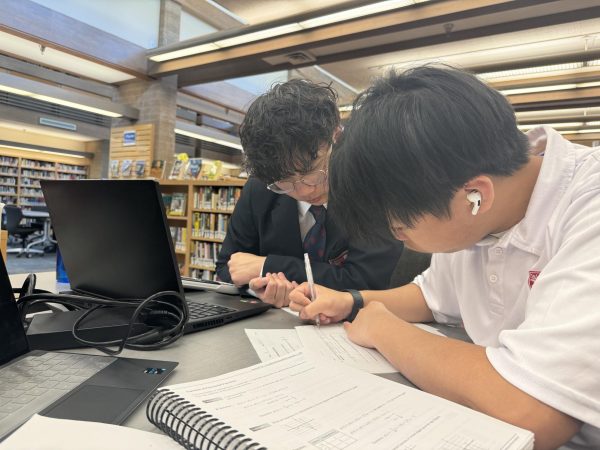

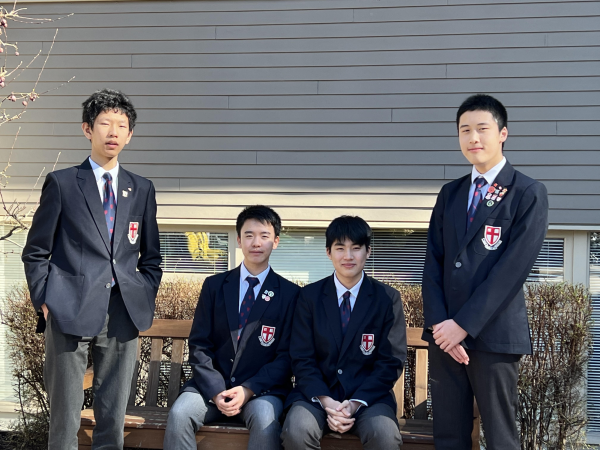
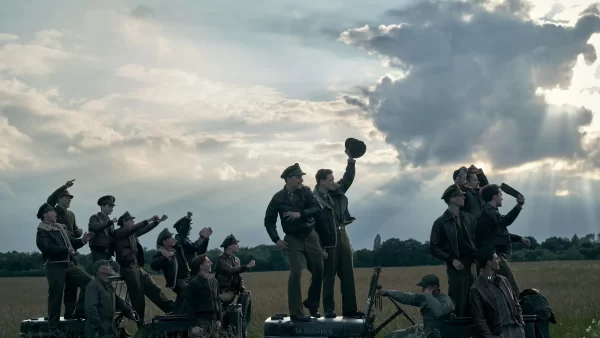
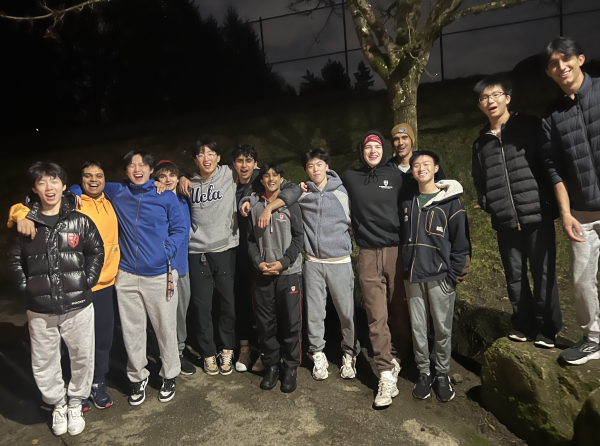
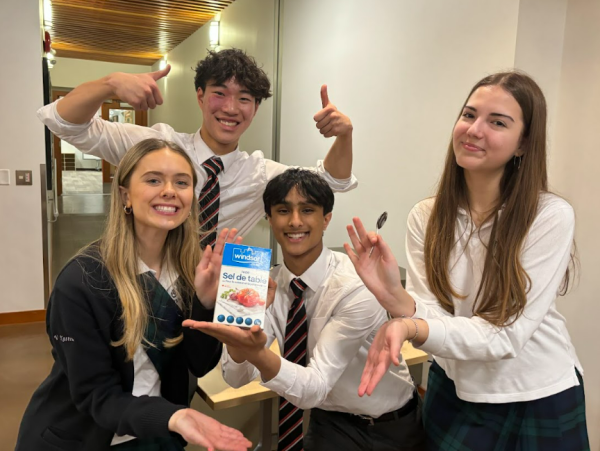
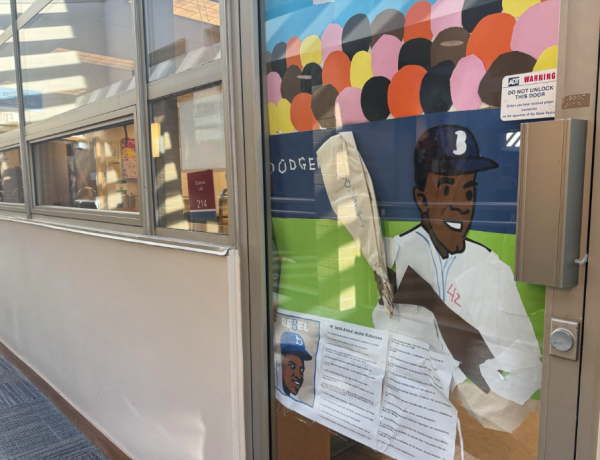
Sarah Coates • Jun 18, 2017 at 3:10 pm
Great article, Tommy. I’m glad you were able to point out that things take time… sometimes even seemingly simply symbolic actions need lots of “behind the scenes” work. Thanks for bringing these issues to us in a thoughtful, well-written way.